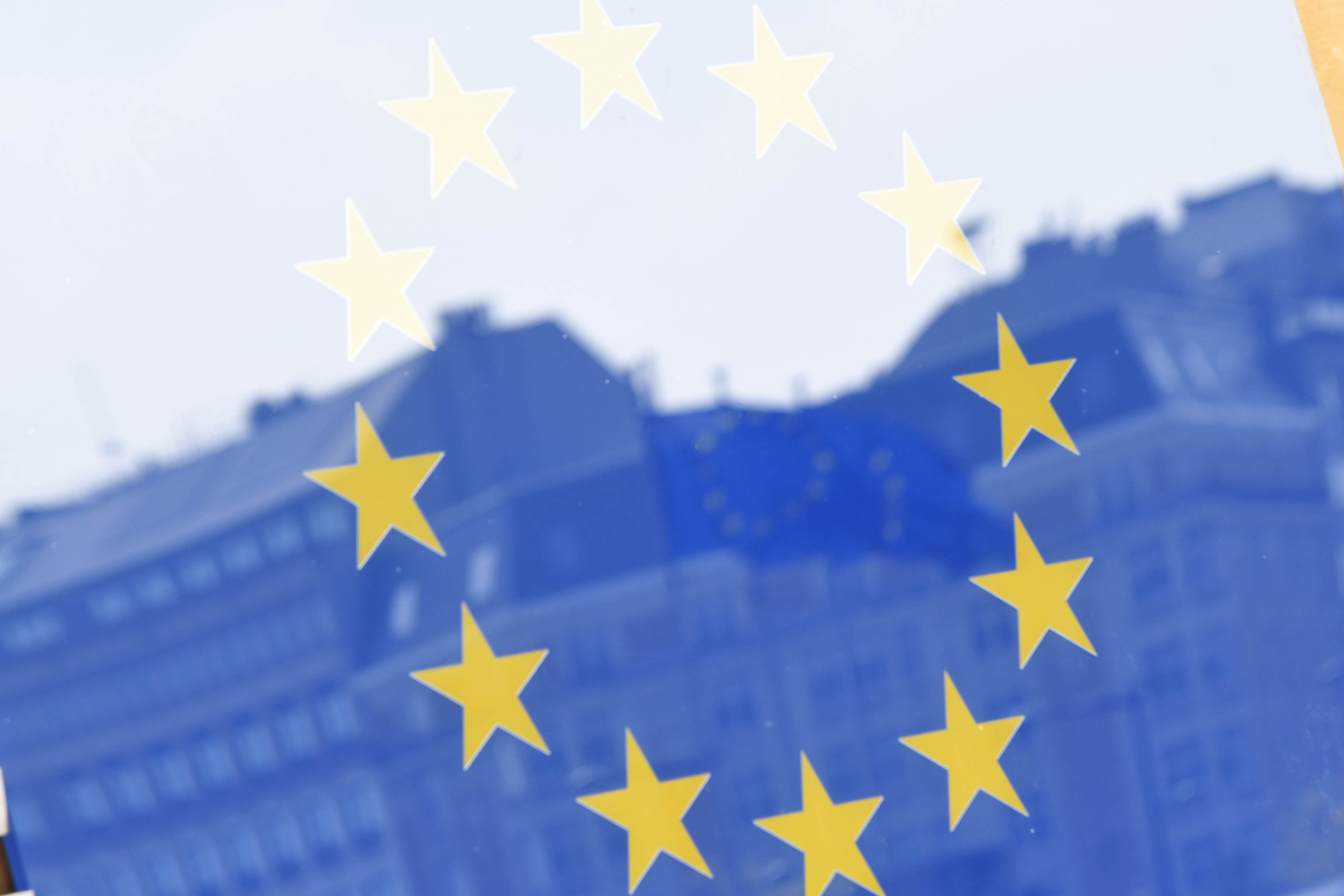NOTE
There is a Europe of ideas, principles, values, ideal benchmarks. But there is also a Europe of documents, of Treaties, of institutions, of procedures. Finally, there is a Europe of everyday life. The problem – the major problem today – is that these three different Europes, all of them real, are each going their own way, in conflicting directions. This has not always been the case. At the beginning strong and coherent political forces guaranteed a synthesis that generated trust, consensus and widespread well-being. The divergence of these three Europes is the result of two passages, the neo-liberal drift in the 1990s and the emergence of globalization at the turn of the 20th century. Owing to insufficient guidance, these transitions were left to fend for themselves. The autopilot, that is, market and short-term profit for a selected few, failed to work. Citizens realized what was going on, exposing the circuit to the risk of an inevitable crash

In view of the upcoming elections for the renewal of the European Parliament interesting documents and stances are coming to the fore, notably in the Catholic world, thereby reconfirming a long-term investment, revived with determination today. The latest highlight is the pastoral Letter of the European Bishops of the “Euregio” group, (nine dioceses of border regions in Luxembourg, France, Belgium and Germany), released on April 29, Feast of Saint Catherine of Siena, and notably the brief but intense message of the rectors of 32 Catholic universities in Europe gathered in Paris on May 3rd.
These two texts encourage reflection, also because, as was foreseeable, election campaigns also focus on national issues, on political competition at national level, not only in Italy. However
Having a clear idea or points of reference in Europe is of the essence in the immediate future.
Thus two reflections ensue: a serious problem and a possible opportunity.
We are facing a serious problem today that can be described as a harmonization problem. There is a Europe of ideas, principles, values, ideal benchmarks. But there is also a Europe of documents, of Treaties, of institutions, of procedures. Finally, there is a Europe of everyday life. The problem, the major problem today, is that these three different Europes, all of them real, are each going their own way, in conflicting directions. This has not always been the case. At the beginning strong and coherent political forces guaranteed a synthesis that generated trust, consensus and widespread well-being.
The divergence of these three Europes is the result of two passages, the neo-liberal drift in the 1990s and the emergence of globalization at the turn of the 20th century. Owing to insufficient guidance, these transitions were left to fend for themselves. The autopilot, that is, market and short-term profit for a selected few, failed to work. Citizens realized what was going on, exposing the circuit to the risk of an inevitable crash.
This gave rise to another, related disconnection between State-run, infra-State and supra-State – i.e. European – dimensions, thereby sparking off political, moral and cultural confusion. Thus, as the two documents suggest, we face the need to examine the tensions, conflicts, concerns, with an open mind and to identify their underlying motivations. It is equally necessary to recover a feeling of identity and diversity characterizing a situation that is not unitary because it is homogenous but because it identifies itself in a Community : i.e. plural, articulate, cooperative and based on subsidiarity.
In this respect freedom and community are two key words: two guiding principles. The fact that they are upheld by Catholics in Europe today, as occurred with determination almost seventy years ago, augurs well for their development into open platforms of broad convergence, as they were at the time.